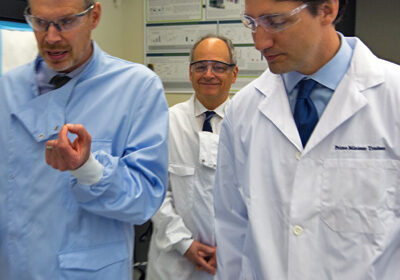
Prime Minister backs regenerative medicine research at U of T Engineering and partners
This story originally appeared on U of T News Regenerative medicine is the way of the future for Canadian health care, Prime Minister Justin Trudeau says, and two new initiatives are helping strengthen the commitment of U of T Engineering and its partners to stem cell research and manufacturing. Trudeau announced at the MaRS Discovery […]
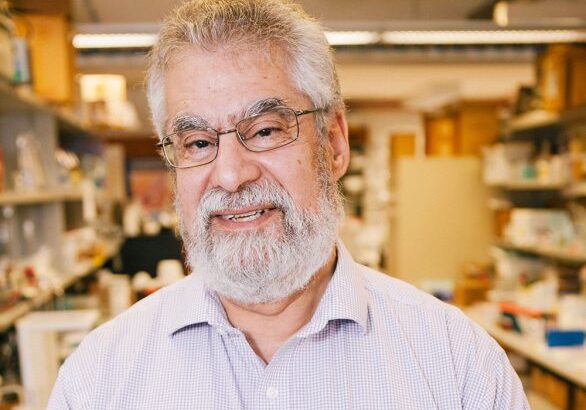
Professor Michael Sefton awarded the Terumo Global Science Prize
University of Toronto engineering professor Michael Sefton (ChemE, IBBME) has been named the 2016 recipient of the Terumo Global Science Prize for his achievements in tissue engineering and novel biomaterials discovery. This is only the third time the Terumo Foundation for Life Sciences and Arts has awarded the prize. Sefton joins an elite list of […]

IBBME alumnus develops new anti-inflammatory biomaterial for medical implants
This story is adapted from an article that appeared on U of T News. From screws and plates for broken bones to metal hips and dental implants, every day thousands of people undergo surgeries to implant medical devices into the body. But these implanted foreign objects cause the immune system to attack, and while for some […]
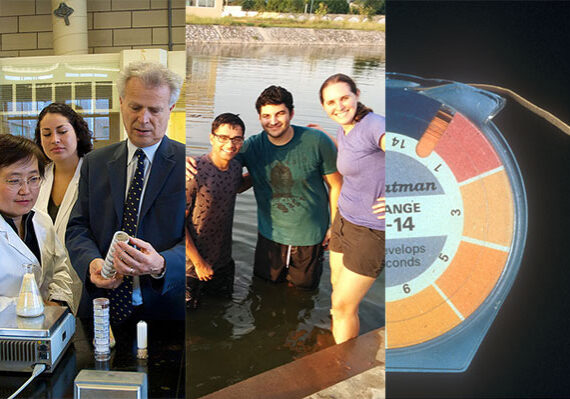
Three ways U of T engineers are addressing food and nutrition issues around the world
This story is Part 8 of an eight-part series, Global Engineering Impact, running throughout fall 2015. A new multidisciplinary collaboration from the Centre for Global Engineering (CGEN) is bringing together researchers from across the Faculty of Applied Science & Engineering to address hunger and malnutrition, which affect billions of people around the world. The Food & […]
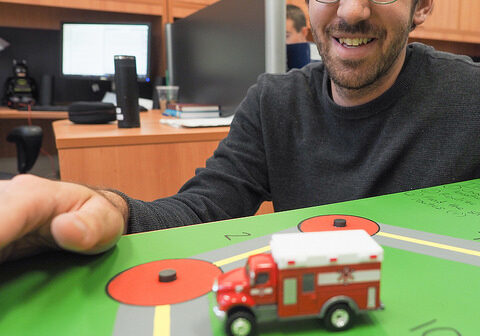
U of T engineers aim to close emergency medical services gap in developing countries
This story is Part 3 of an eight-part series, Global Engineering Impact, running throughout fall 2015. For North Americans, it can be easy to take emergency medical services (EMS) for granted. But in Dhaka, the capital city of Bangladesh there is no EMS system, no centralized ambulances, and no 911 service. Justin Boutilier, a PhD […]
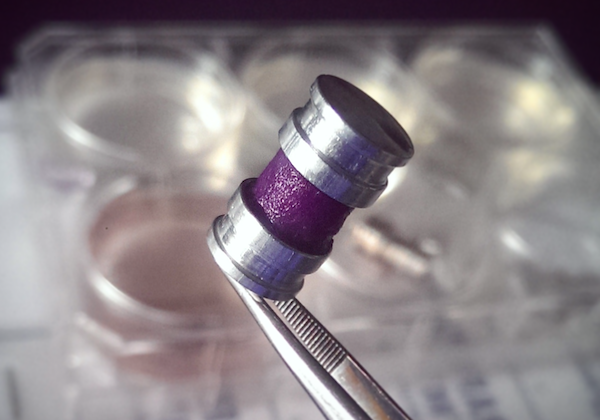
A tumour you can unroll: engineers create new technology for understanding cancer growth
A team of U of T engineers is unrolling the mysteries of cancer — literally. They have developed a way to grow cancer cells in the form of a rolled-up sheet that mimics the 3D environment of a tumour, yet can also be taken apart in seconds. The platform, described in a new Nature Materials paper, […]
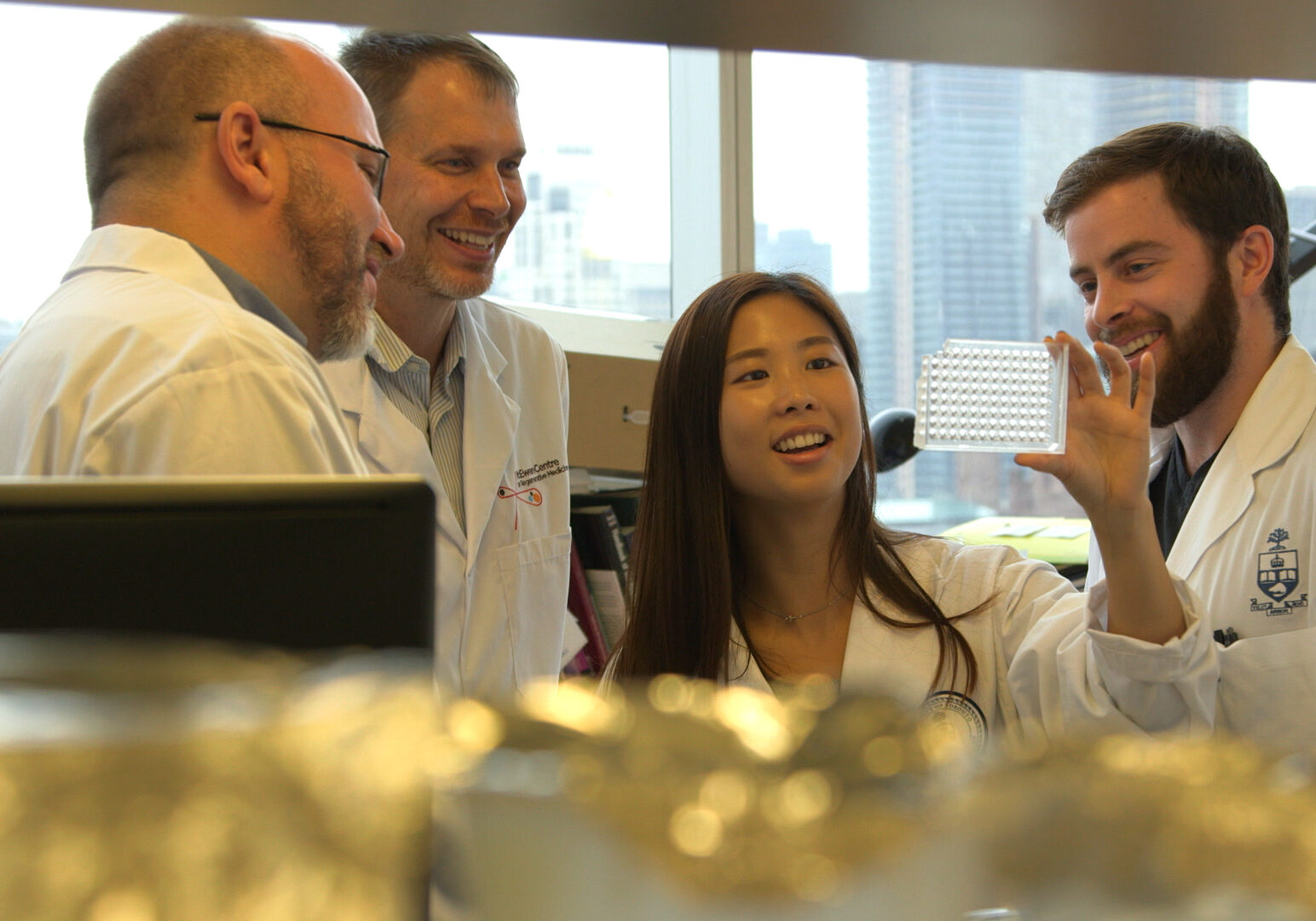
Engineering a better heart: celebrating the first year of the Ted Rogers Centre for Heart Research
What if we could identify the gene responsible for a baby’s heart defect, grow a piece of her heart on a chip and then test drugs to find the one able to shut down the defective gene? A decade ago, that scenario seemed as far-fetched as a Mars landing. Now, University of Toronto researchers predict that […]
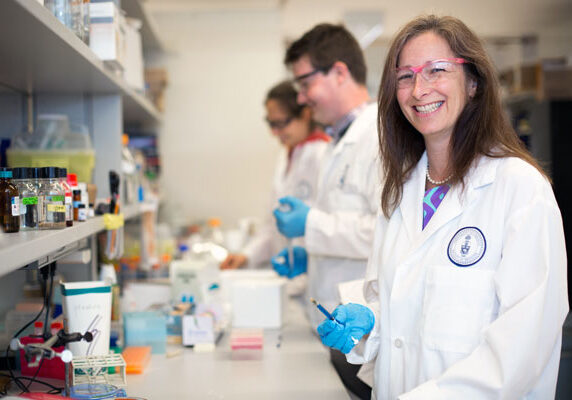
Molly Shoichet receives national Fleming Medal for outstanding scientific outreach
University of Toronto engineering professor Molly Shoichet (ChemE, IBBME) has received the 2015 Fleming Medal and Citation from the Royal Canadian Institute in recognition of her outstanding contributions to the public understanding of science. Shoichet joins the prestigious ranks of other distinguished recipients, including environmental activist David Suzuki, U of T chemistry professor and Nobel […]
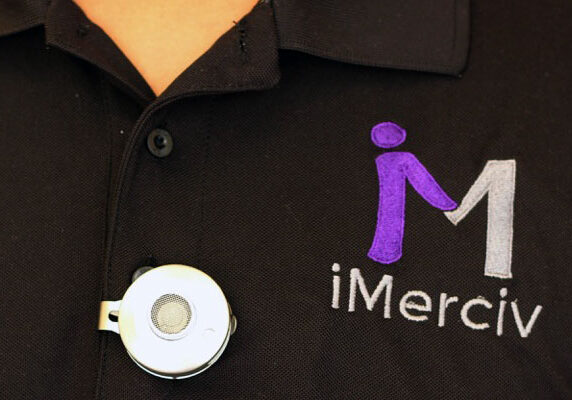
Tiny device from U of T Engineering startup helps the visually impaired navigate daily life
This story originally appeared on U of T News. There’s a story behind the Buzzclip — a clip-on device that detects obstacles in the path of blind and partially sighted people and uses vibration to alert them to obstructions ahead. And the story begins in India. That’s where Arjun Mali spent years volunteering with his family at a blind […]

